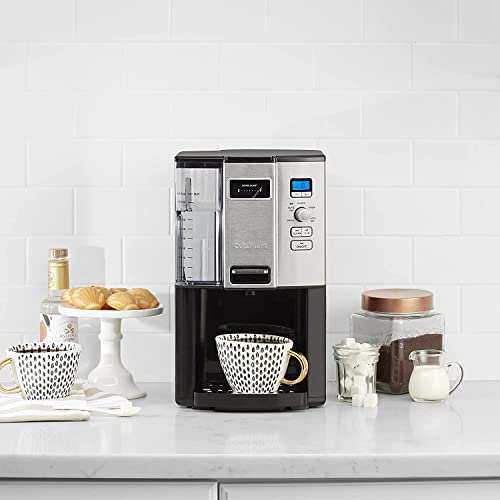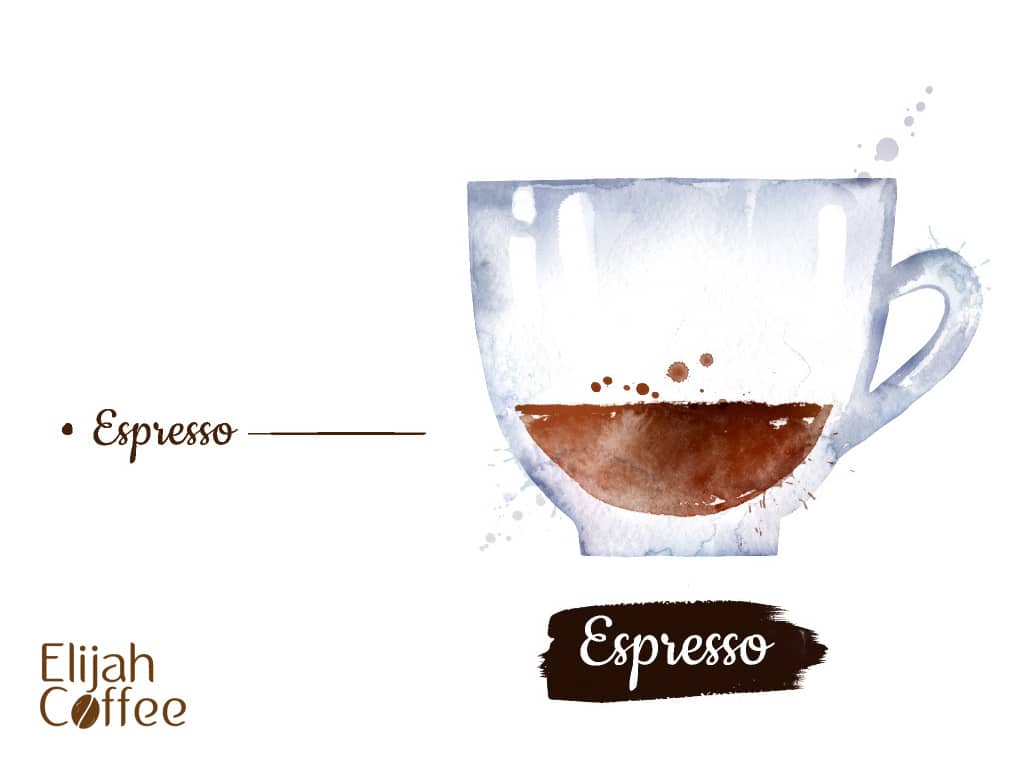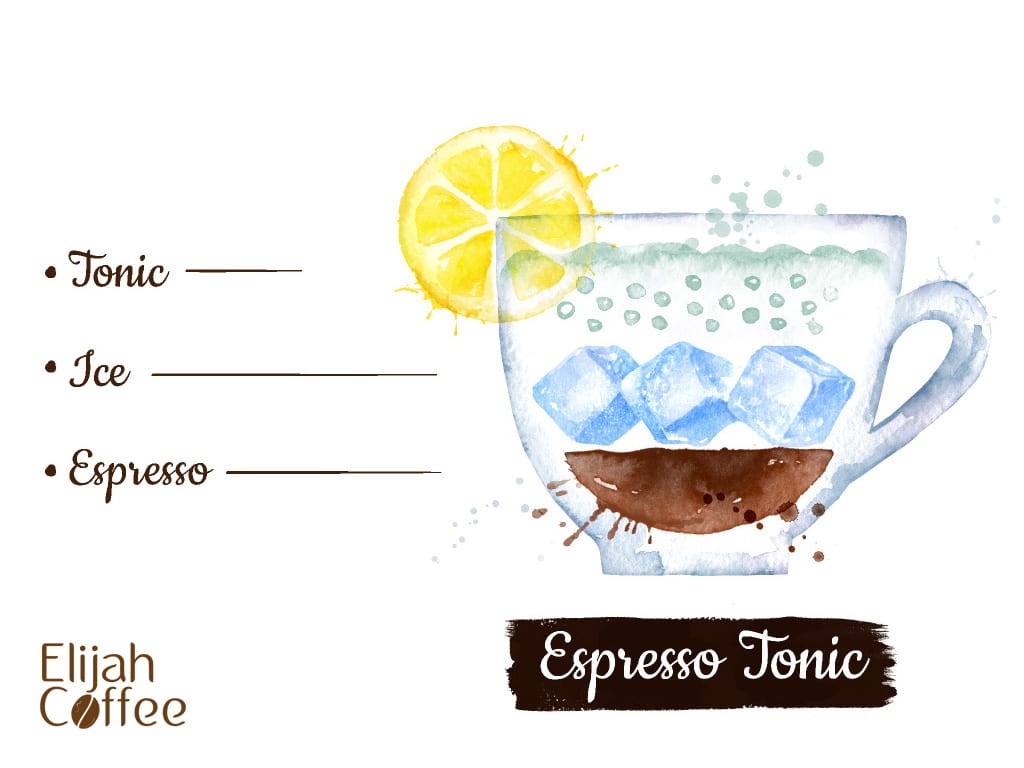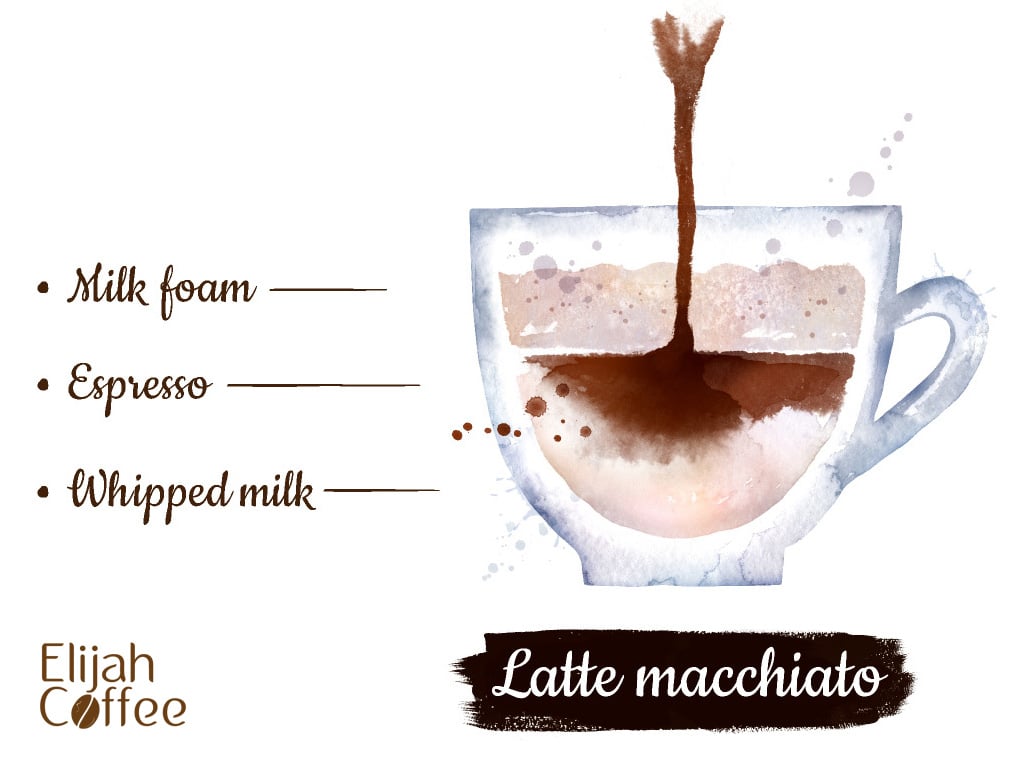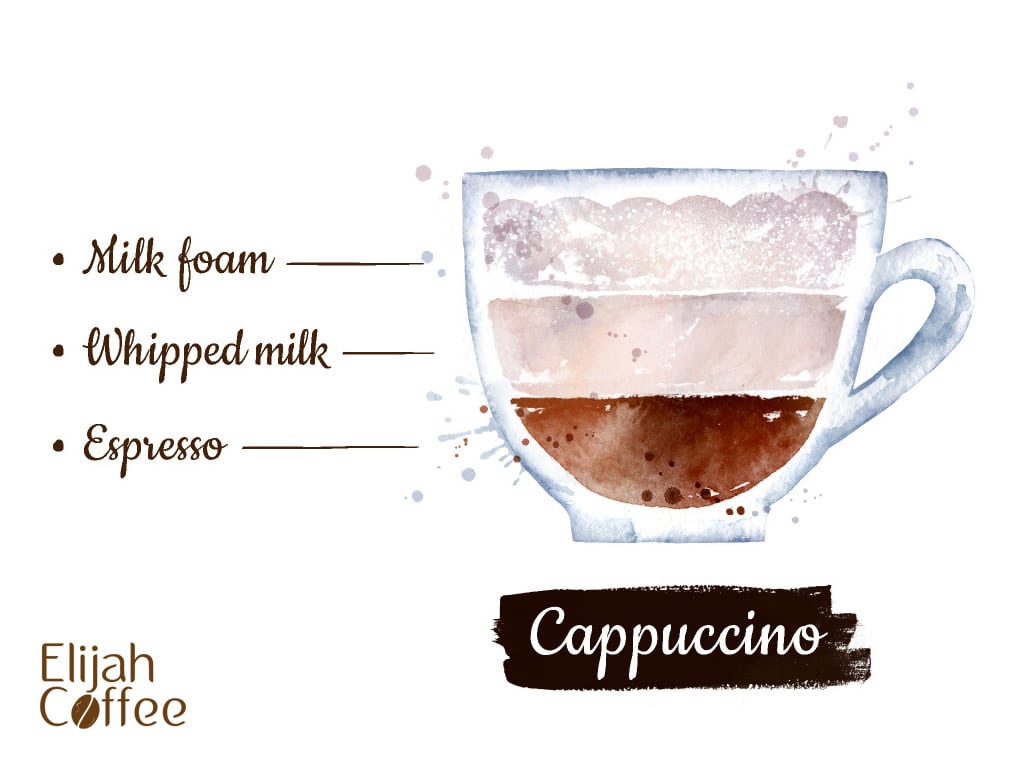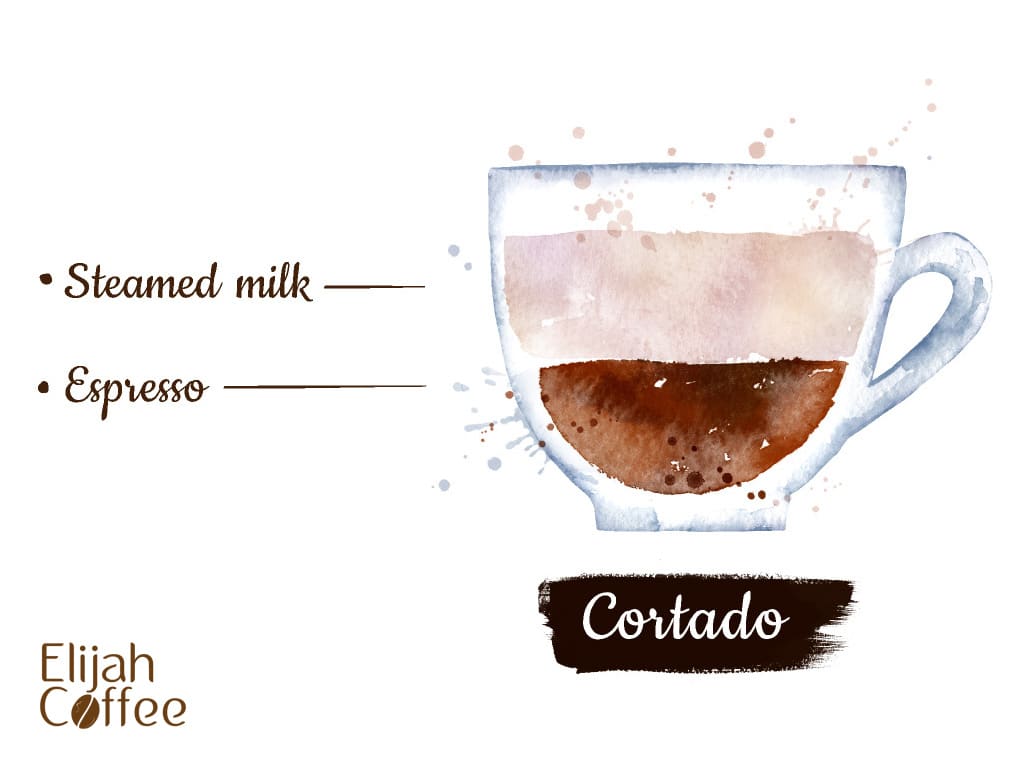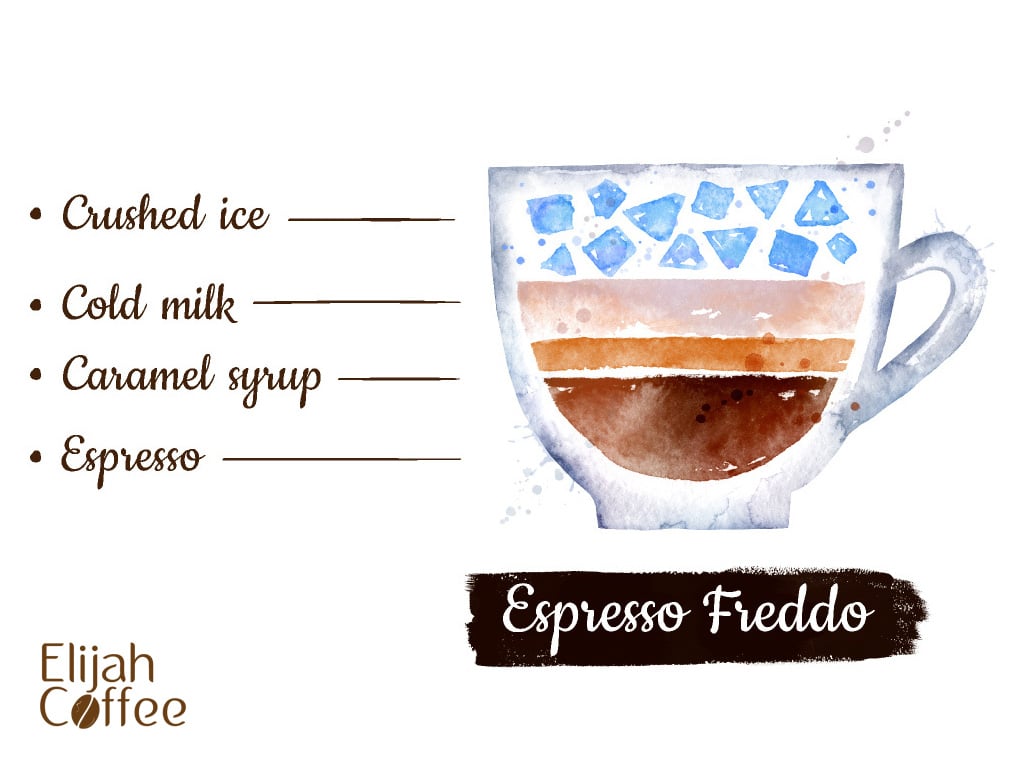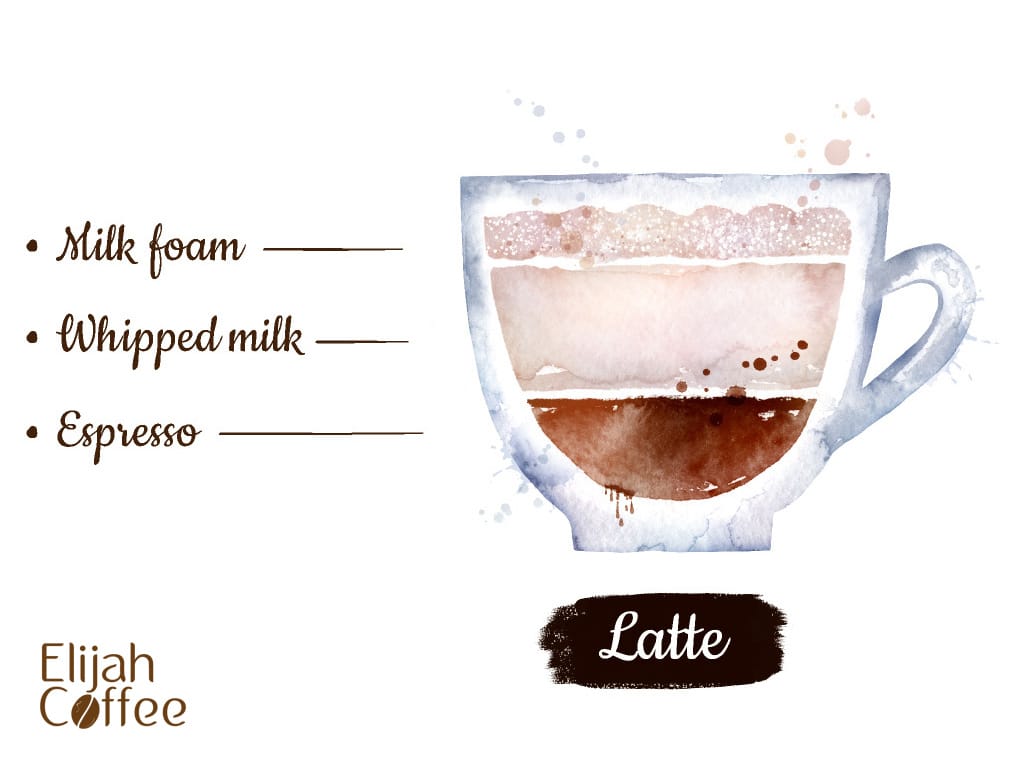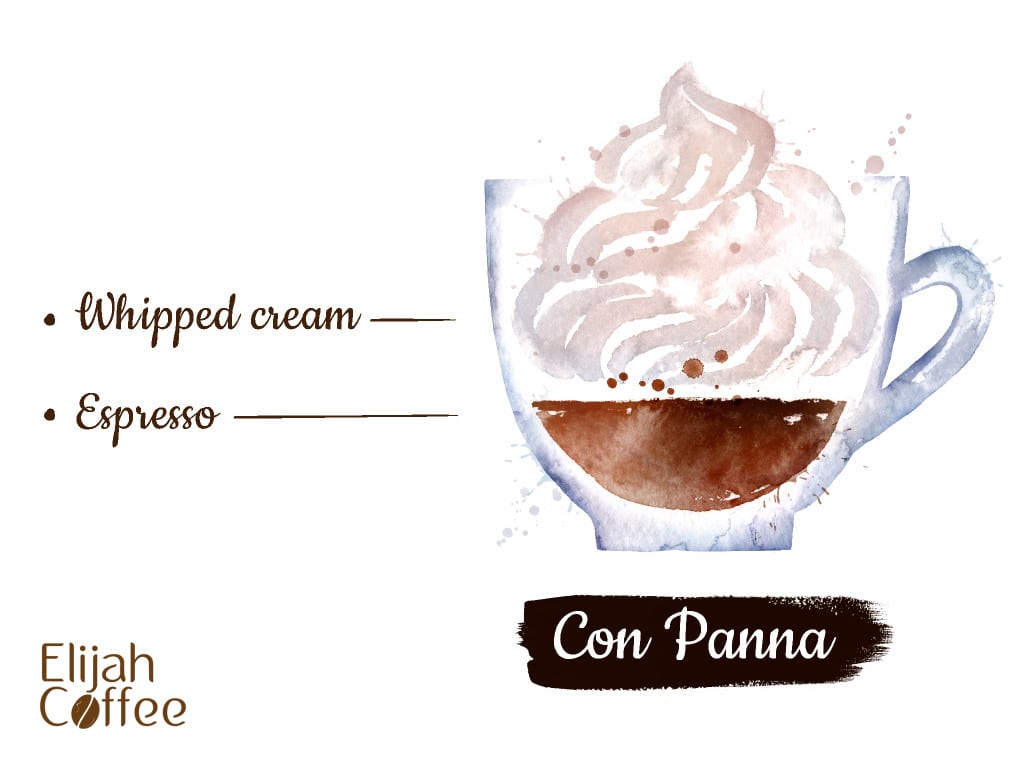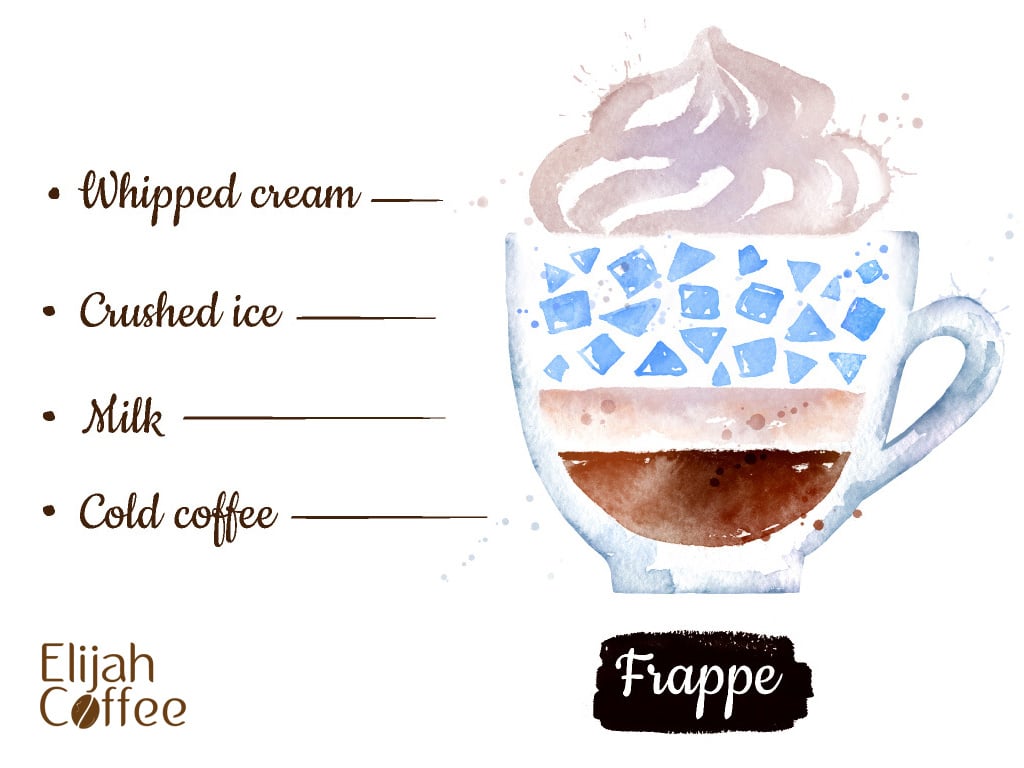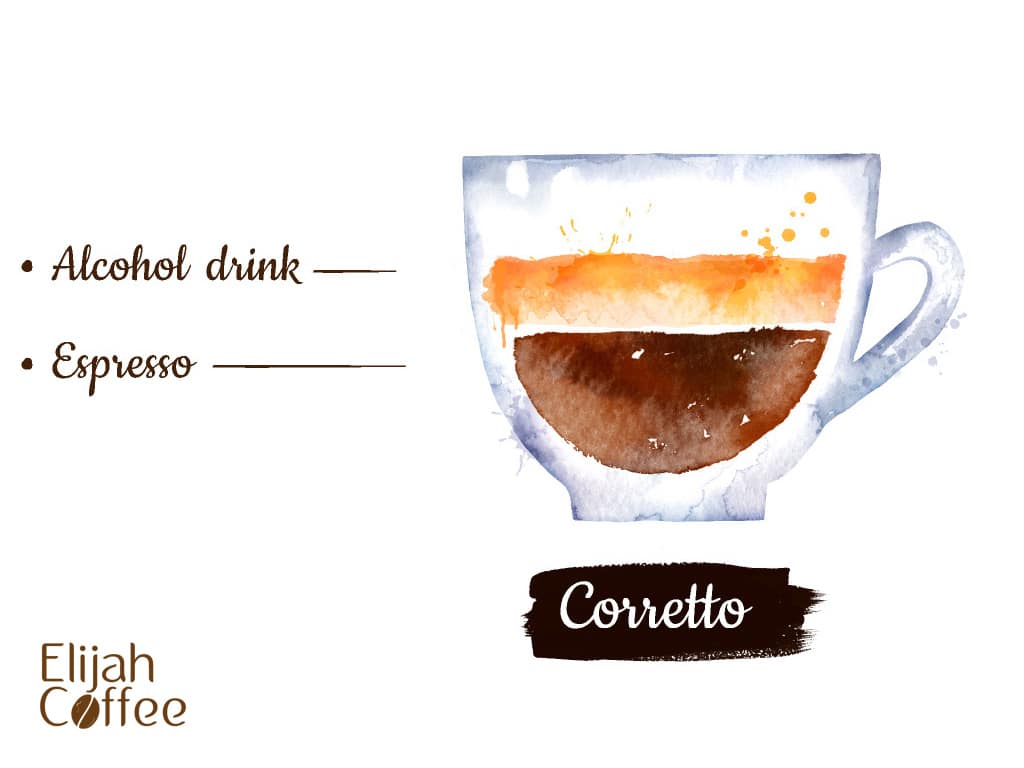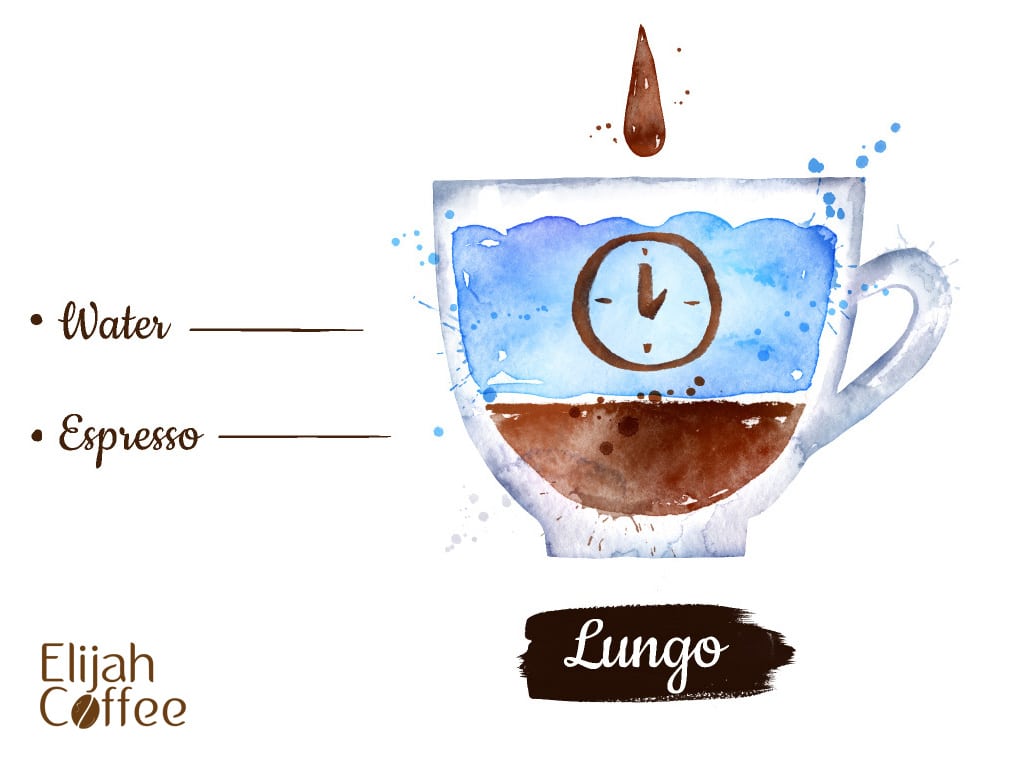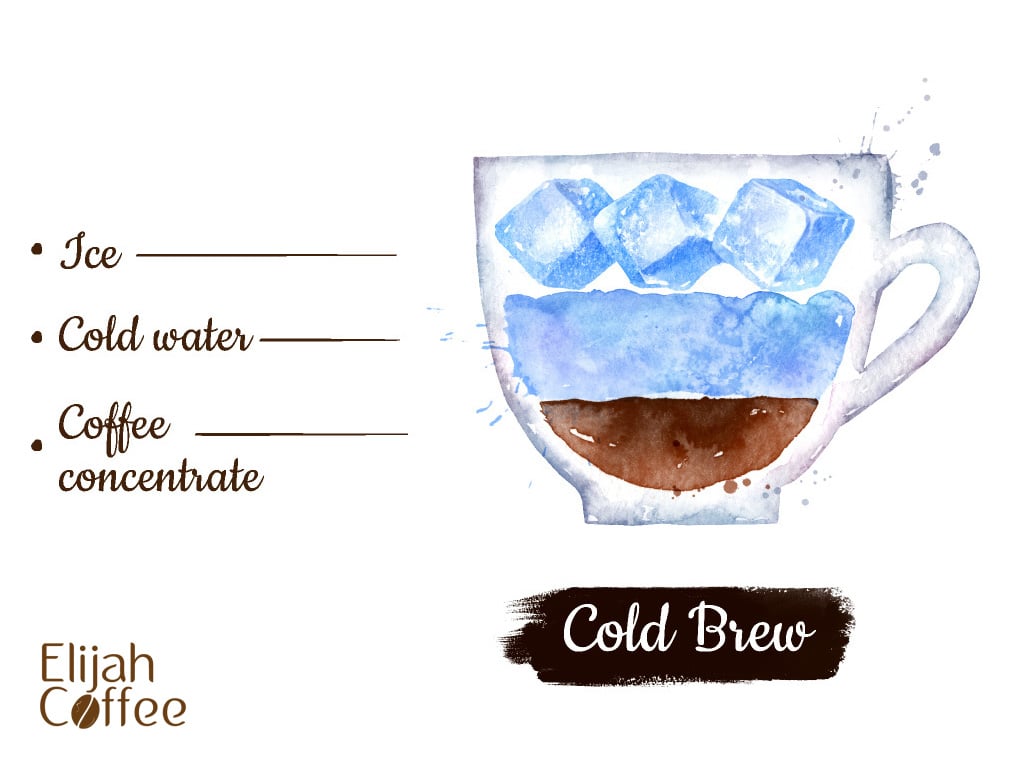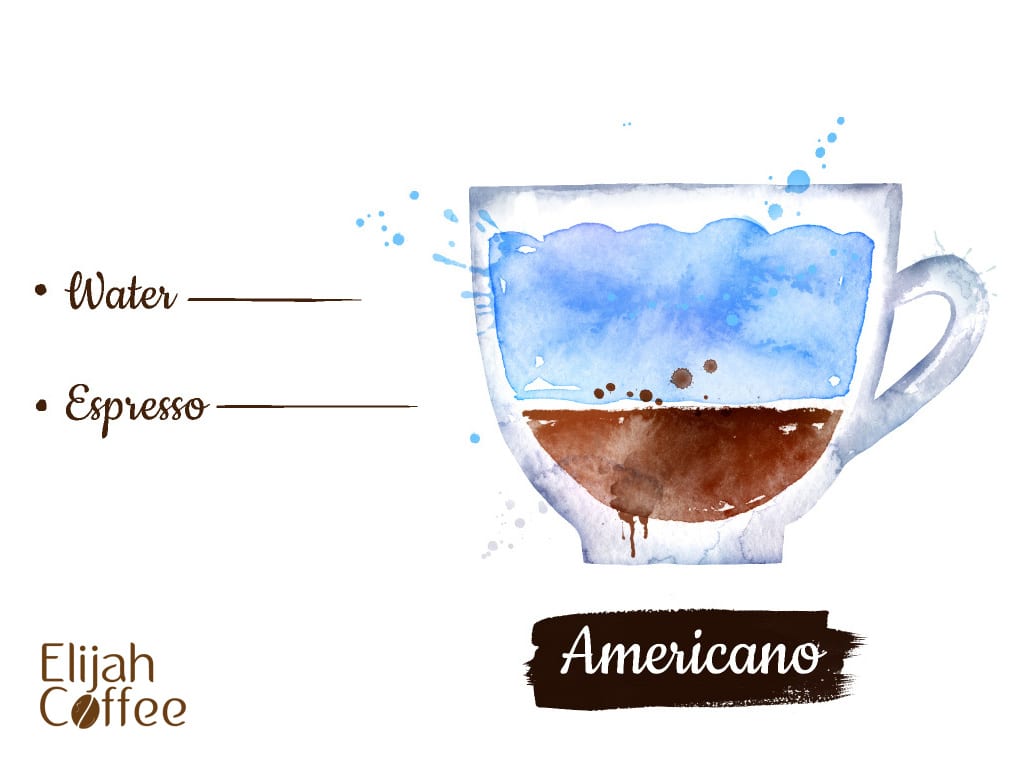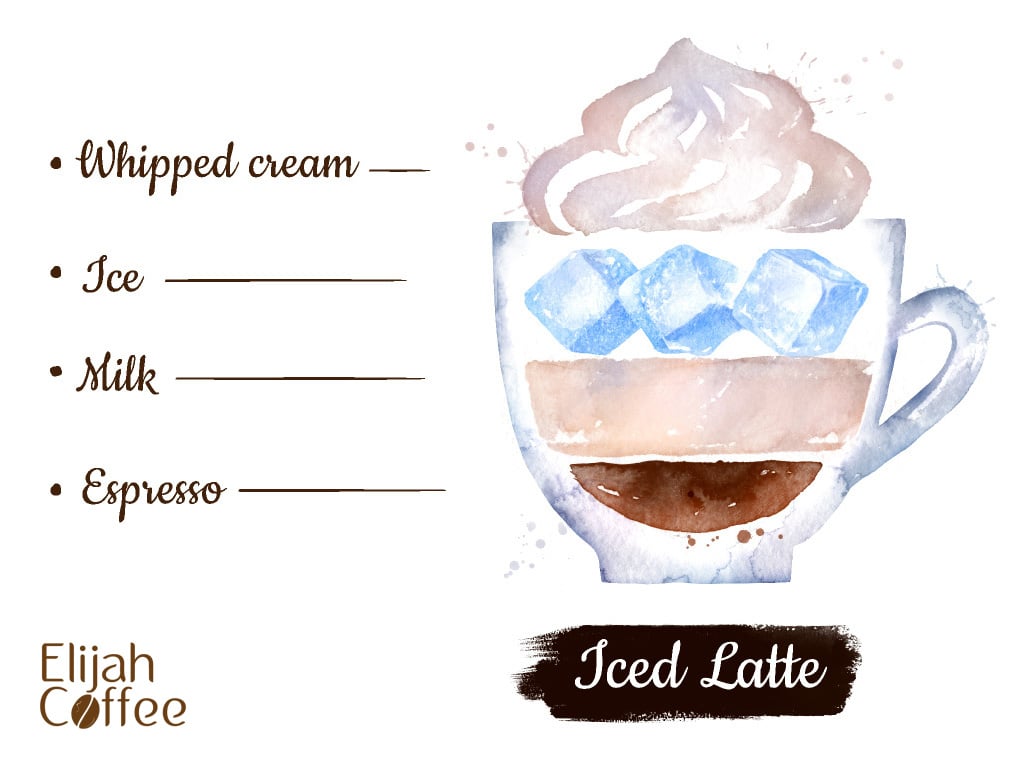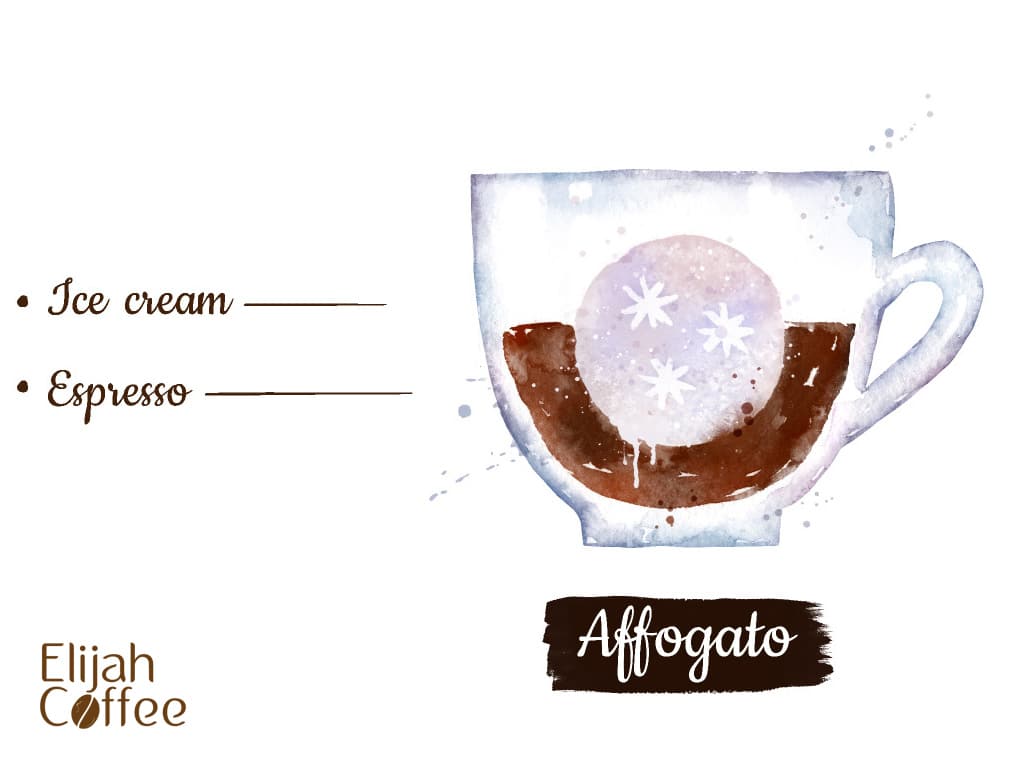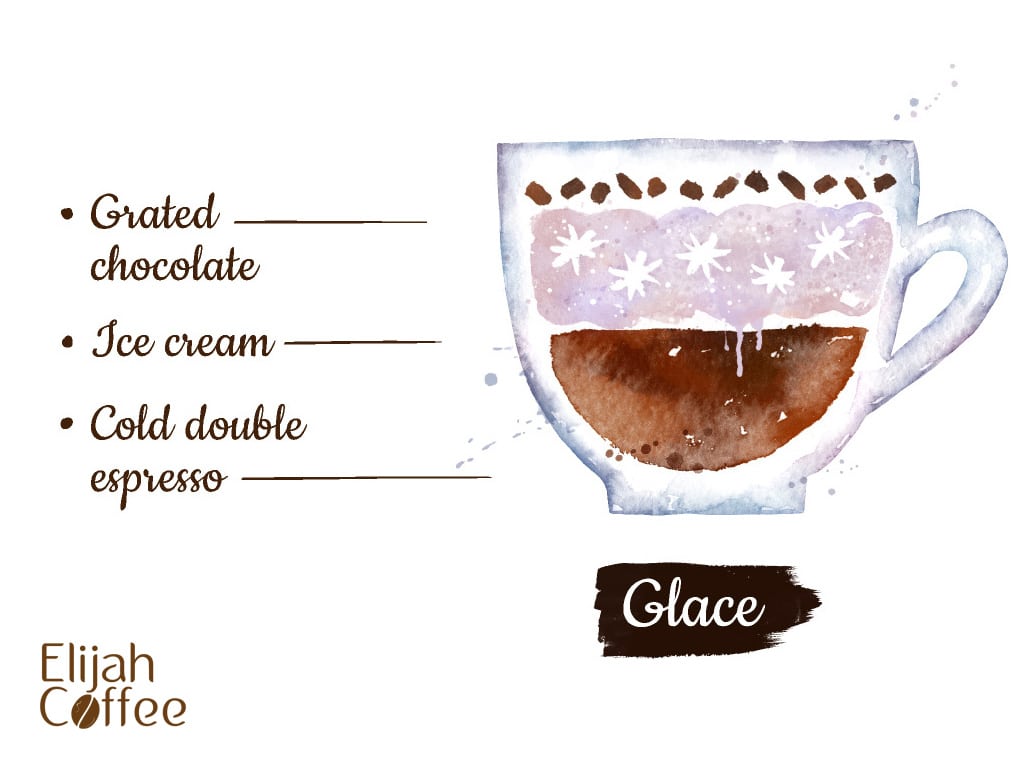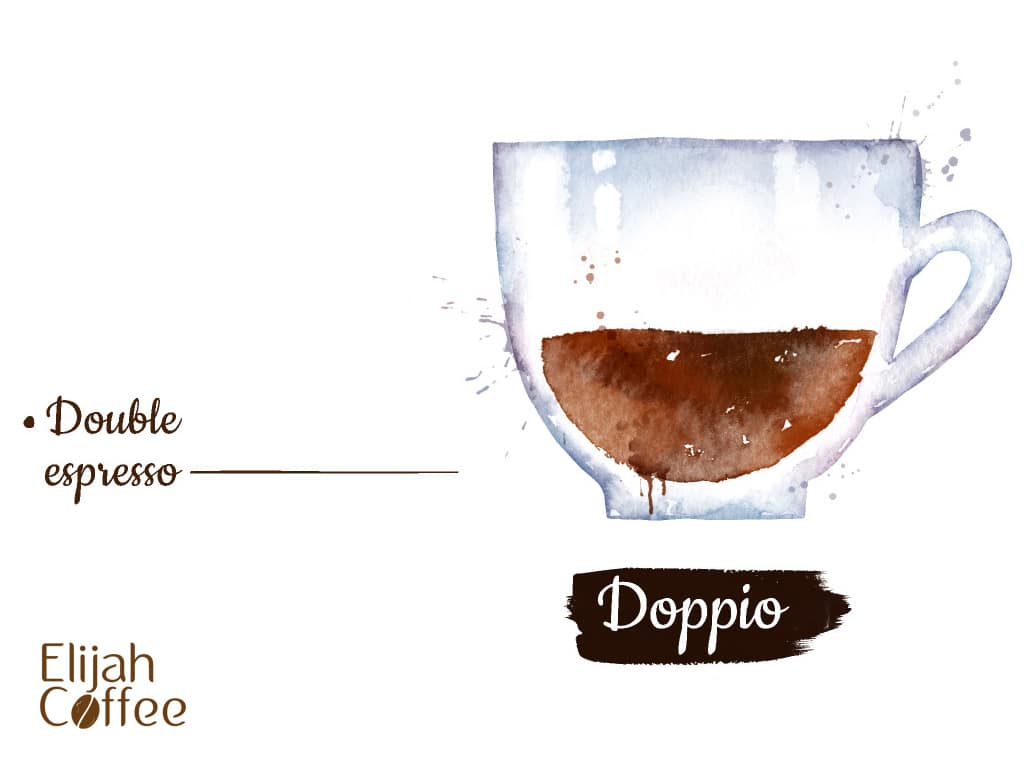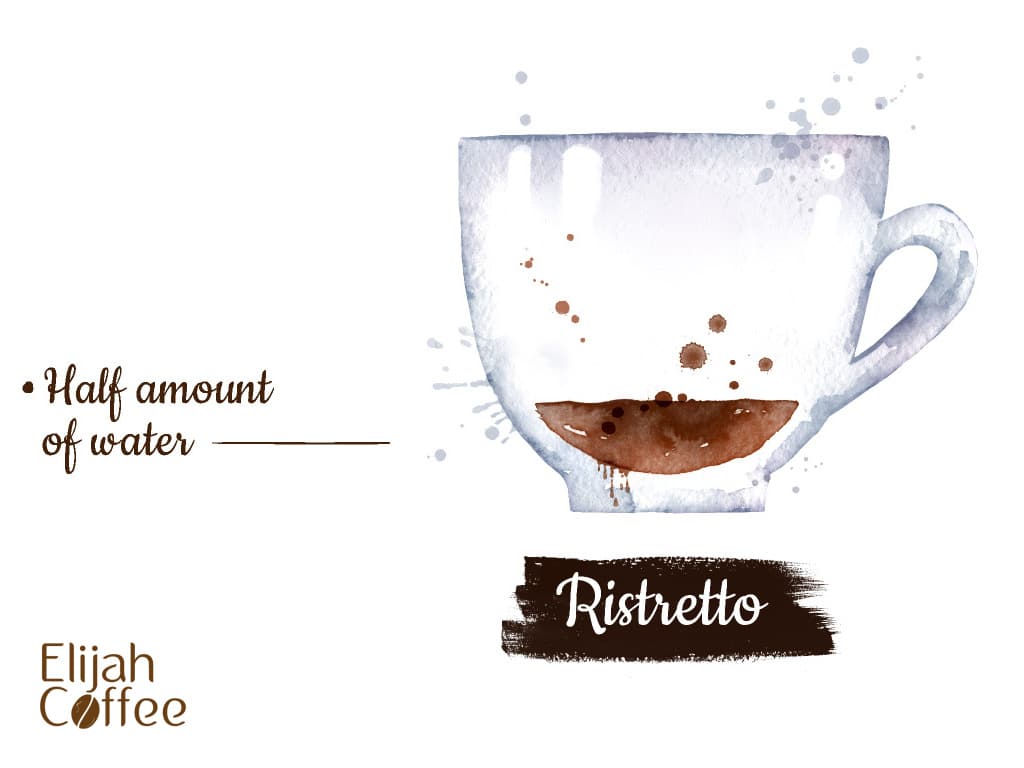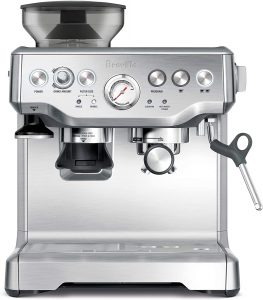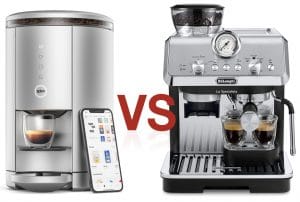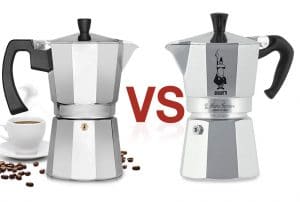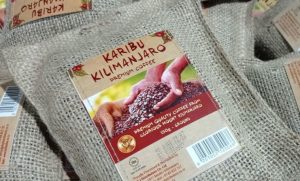Some of the chemicals in water can also harm the structural integrity of components that come into touch with it.
Water that is treated with chlorine may have a distinct smell and taste. Any impurities, odors, or dissolved solids in the water will be in your cup of coffee. Dissolved chemicals in water can also change how the water captures the coffee solubles during the extraction process.
This page explains how water might decrease the quality and longevity of your coffee maker, as well as how charcoal filters counteract pollutants in water.
Can I Use My Cuisinart Coffee Maker Without The Charcoal Filter?
Yes, if you’re brewing coffee with filtered or bottled water, a Cuisinart coffee machine without the charcoal filter is fine. Use a charcoal filter for unfiltered water to preserve the brewer’s lifespan and eliminate chlorine residues as well as other undesirable tastes and smells in drinking water.
It’s critical to keep the water reservoir filled so that it doesn’t run out during brewing. If you’re not using a Cuisinart coffee maker with a charcoal filter, remember that chlorine problems in the water tank could cause broken internals and void your warranty.
What is a Charcoal Water Filter?
A charcoal filter, a carbon filter, is a barrier that confines contaminants in drinking water. The charcoal filter binds pollutants to its surface without altering the mineral salts in water.
The filter is like a sponge and absorbs unpleasant smells and tastes from the water.
Your coffee maker’s charcoal filter does not decrease water hardness, as it does not remove minerals such as calcium. To maintain the high performance and efficiency of their internal components, Cuisinart coffee makers should be de-scaled every 2-6 months.
Do I Need a Charcoal Filter for my Coffee Maker?
If the water you’re using to brew coffee isn’t filtered, add a charcoal filter to your system to get rid of chlorine residues and prevent chlorine from damaging the internal elements of the coffee maker.
This can save you money on costly repairs or having to throw out the brewer. The filter removes undesirable tastes from the water, making your coffee more delicious.
How Often Do You Change the Water Filter in a Coffee Maker?
Every two months or after every 60 brew cycles, you should replace the water filter in a coffee maker. On its surface and within its pores, the charcoal filter traps pollutants and odors. Over time, contaminants accumulate on the charcoal filter.
Changing the water filter and charcoal filter regularly can prolong the life of the coffee maker. You are also better off changing the charcoal filter every time you descale the coffee maker for a thorough and fresher finish.
Where Does the Water Filter Go in a Cuisinart Coffee Maker?
The filter in a Cuisinart coffee maker is housed in the water tank’s filter holder. Remove the clear plastic filter holder from the water tank. The charcoal filter goes into a pocket at the bottom of the holder.
Are Charcoal Coffee Filters Safe?
A charcoal water filter is completely safe to use in your coffee maker. Despite this, the filter must be replaced on a regular basis due to the accumulation of trapped particles with time. When charcoal water filters are not replaced on a regular basis, they can contain germs.
When purchasing a charcoal filter for your coffee maker or house, choose one that is certified by the National Sanitation Foundation (NSF) and guarantees chlorine reduction, flavor improvement, and odor elimination.
What is Water Hardness and How Does it Affect Your Coffee Maker?
The condition of being hard is water hardness, or the presence of calcium and magnesium ions in water. When hard water is heated, for example in a Cuisinart coffee maker, it forms calcium carbonate solids or scales that build within the machine as you brew with the hard water.
The coffee may begin to taste metallic after a while, and if the coffee maker has not been descaled, it might develop clogging difficulties. Mold growth is the worst-case scenario in this situation.
Tap Water Problems When Making Coffee
Tap water has a high chlorine content, which is a major issue. To destroy bacteria, viruses, and parasites, city water is chlorinated. Chlorine residues can remain in the water and give it a harsh bleach smell and flavor.
Furthermore, chlorine residues in tap water have been found to damage plastics, metals, and chemical structures and compositions of plastic and metal surfaces. The health risks associated with the degradation process are numerous.
Charcoal water filters are used in drip coffee makers to eliminate contaminants, smells, and unpleasant tastes from the water.

